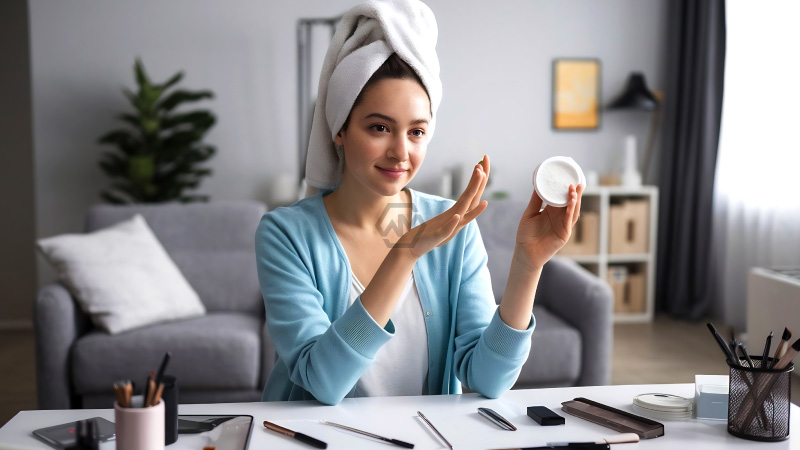- 74% of consumers emphasize self-care and wellness in their beauty routines.
- Men spend $90 monthly on grooming, surpassing women’s $80.
- Younger generations lead in embracing a holistic beauty approach.
A recent study from Bread Financial and Ulta Beauty reveals that 74% of U.S. consumers prioritize self-care and wellness in their beauty routines. This shift is evident across all demographics, but younger generations are driving the trend forward.
Interestingly, men have emerged as key players in the beauty industry. They are spending more on grooming products than women, averaging $90 per month compared to women’s $80.
The Growing Role of Self-Care in Beauty Spending for 2025
Beauty and wellness have become integral parts of daily life for consumers as they embrace self-care rituals. According to a study by Bread Financial and Ulta Beauty, 74% of participants prioritize wellness within their beauty routines, signaling an ongoing trend of holistic self-care. This trend is particularly prominent among younger generations, who are incorporating self-care products into their everyday lives as a way to nurture both mind and body.
The study also highlighted an interesting demographic shift. Men, traditionally less involved in beauty spending, are now leading the charge in personal care. They are spending an average of $90 per month on grooming products, surpassing women who spend $80. This increasing expenditure reflects a broader desire for self-expression, as men view personal care routines as a way to enhance their well-being and individuality.
Retailers are noticing this shift and can cater to the demand by focusing on products that promote both beauty and wellness. Brands that offer holistic solutions — such as skincare that also supports mental relaxation — are well-positioned to capture this growing market. It’s also essential for beauty companies to acknowledge the increasing demand for self-expression in beauty routines, as men and women alike seek products that align with their personal identities.
As beauty trends evolve, brands that understand the importance of wellness and self-expression will likely see greater consumer loyalty. The data from this study reinforces the notion that beauty isn’t just about appearance; it’s about well-being, confidence, and personal expression.
The beauty industry in 2025 will see continued growth as self-care becomes central to consumer habits. Brands that adapt to these evolving needs will be poised to succeed, as beauty and wellness continue to intersect
“Self-care is not just a trend; it’s a necessity for maintaining balance in our increasingly busy lives.”



